Sources suggest that, acute encephalitis syndrome (AES) has claimed about 100 lives in Muzaffarpur and adjoining districts of Bihar while over 250 children are admitted at two hospitals in Muzaffarpur. According to India Today, most casualties are between the age group of 1-10. For the uninitiated, encephalitis is an acute inflammation of the brain. Here is everything that you need to know about this disease, its causes, symptoms and its prevention.
A recent study suggested that, litchi could be the cause for acute encephalitis syndrome in children, in Muzaffarpur, since it is known as the litchi bowl of India.
It was found that the cause of death in children is hypoglycaemia, low levels of glucose in the blood. It is said that these children spend their time in orchards eating litchis and sometimes they even skip dinner. This leads to night-time hypoglycaemia.

According to the researchers, lack of food (missing dinner) combined with toxins hypoglycin A and methylenecyclopropylglycine (MCPG) present in litchi seeds was the cause of the illness. A delay in taking children to hospital and administering and correcting glucose levels was the cause of death.
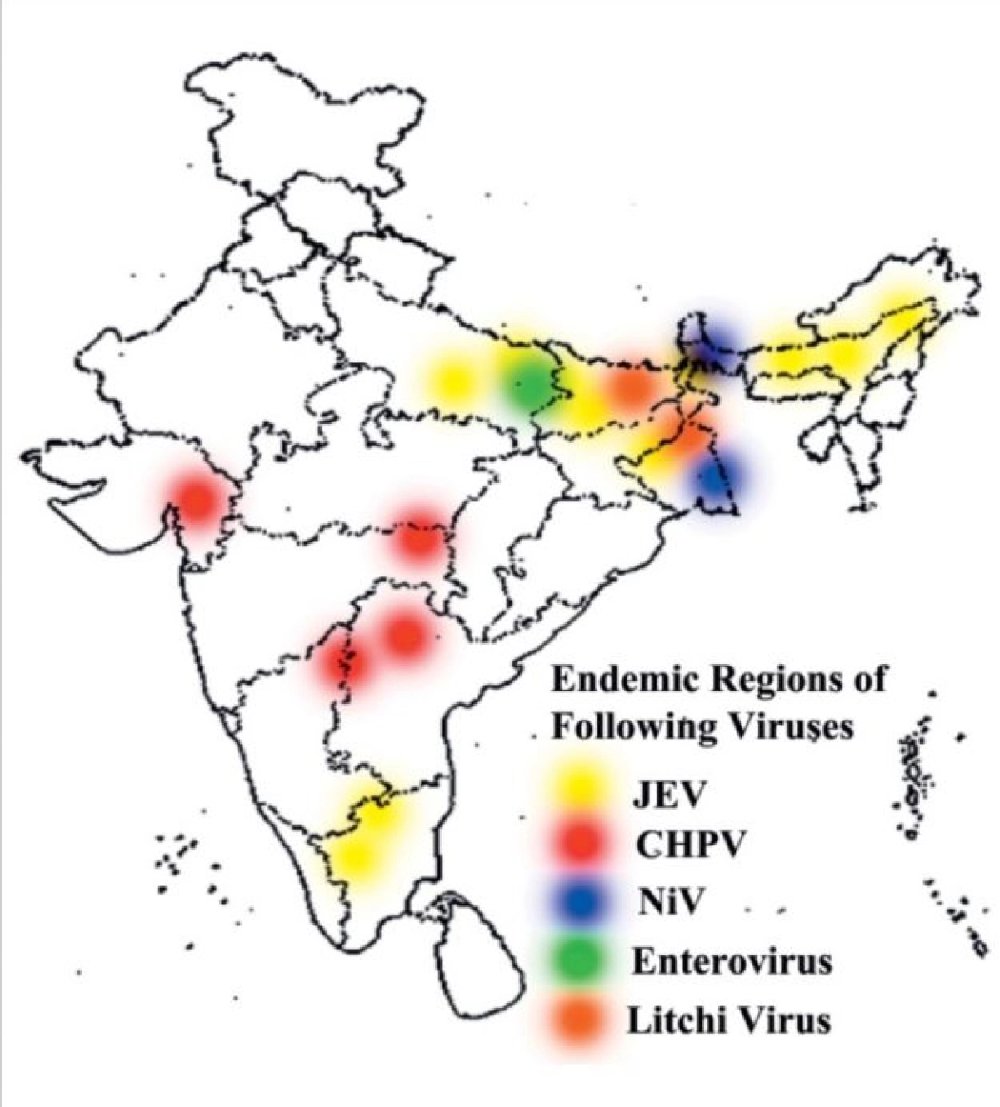
Now, here are a few symptoms to watch out for in children and infants:
– Bulging in the soft spots (fontanels) of an infant’s skull
– Nausea and vomiting
– Body stiffness
– Poor feeding or not waking for a feeding
– Irritability
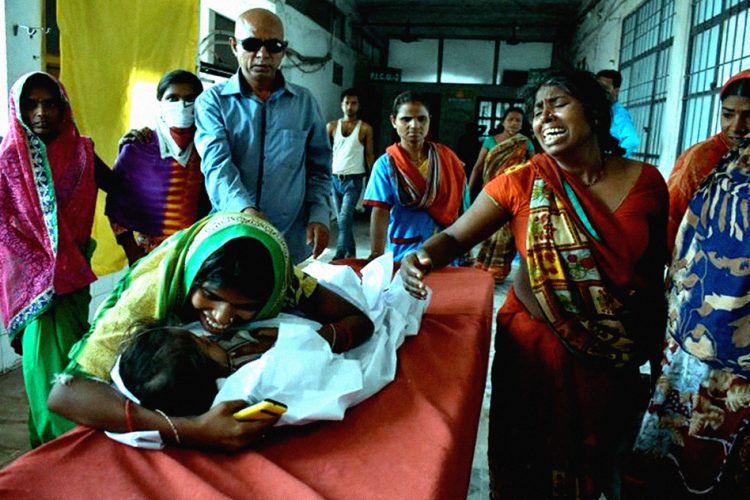
Here are some initial symptoms that common in adults:
– Fever;
– Photophobia (excessive sensitivity to light);
– Headache;
– Drowsiness;
– Seizures;
– Loss of consciousness.
ADVERTISEMENT

How many types of encephalitis are there?
– Japanese encephalitis is spread by mosquitoes.
– Tick-borne encephalitis is spread by ticks.
– Rabies can be spread through a bite from a mammal.
– Primary encephalitis (occurs when a fungus, virus, or bacterium infects the brain).
– Secondary encephalitis (when the immune system responds to a previous infection and mistakenly attacks the brain).
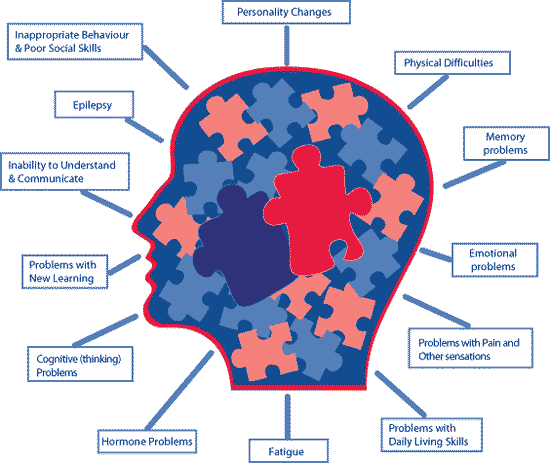
Now, lets take a look at some common causes that lead to encephalitis.
As mentioned earlier, encephalitis could happen due to direct brain infection by a virus, bacteria, fungus or it could be a result of the body’s immune system responding to an infection, attacking brain tissues by mistake.
Primary (infectious) encephalitis can be split into three main categories of viruses namely:
– Common viruses, including HSV (herpes simplex virus) and EBV (Epstein-Barr virus).
– Childhood viruses, including measles and mumps.
– Arboviruses (spread by mosquitoes, ticks, and other insects), including Japanese encephalitis, West Nile encephalitis, and tick-borne encephalitis.
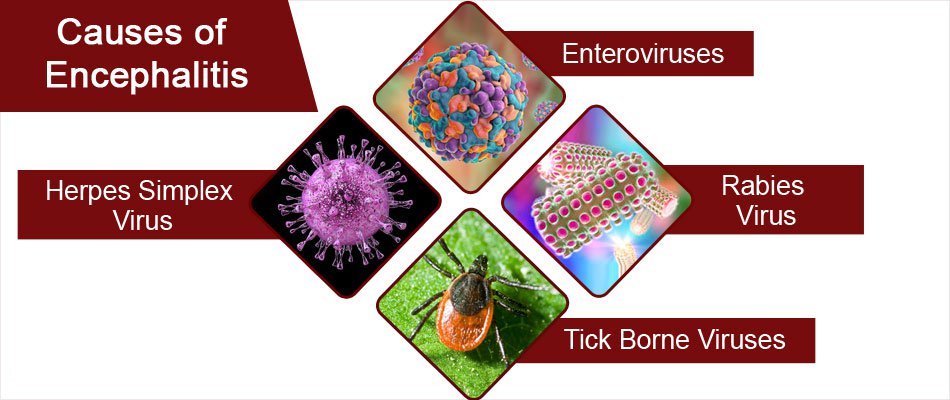
Secondary encephalitis could be caused by:
– A complication of a viral infection (Symptoms start to appear days or even weeks after the initial infection. The patient’s immune system treats healthy brain cells as foreign organisms and attacks them).
However, it is still not known why the immune system malfunctions in this way.
ADVERTISEMENT
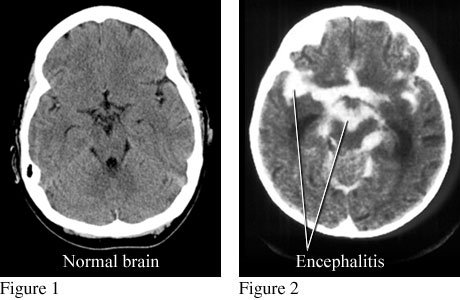
Encephalitis generally affects children, older adults, individuals with a weak immune system, and people who live in areas where mosquitoes and ticks spread specific viruses.
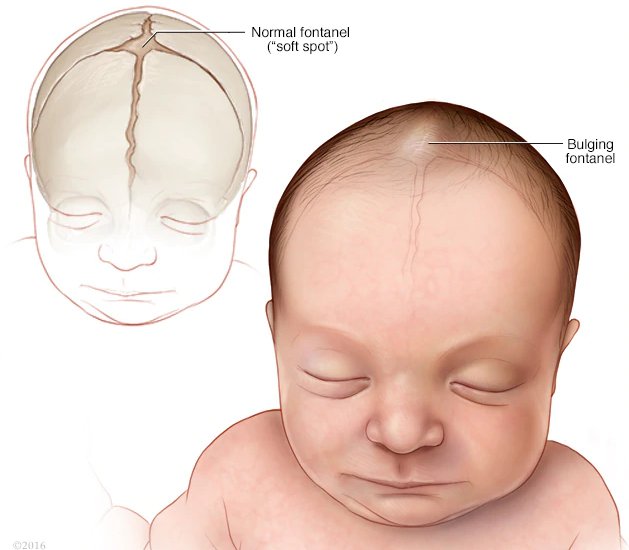
Here are some tips that you can keep in mind for prevention of this disease.
– Try to avoid exposure to viruses that can cause the disease.
– Practice good hygiene (wash hands thoroughly with soap and water, especially after using the toilet and before and after meals).
– Don’t share utensils.
– Don’t share tableware and beverages.
– Get vaccinations.
– Before traveling, talk to your doctor about recommended vaccinations for different destinations.

Prevention for young children and infants:
– Assist your children with the use of mosquito repellent.
– Use mosquito repellent patches on clothes.
– Apply mosquito repellent cream or spray like odomos on exposed skin generously.
ADVERTISEMENT

Consult a doctor immediately if any of the symptoms continue to persist.

















